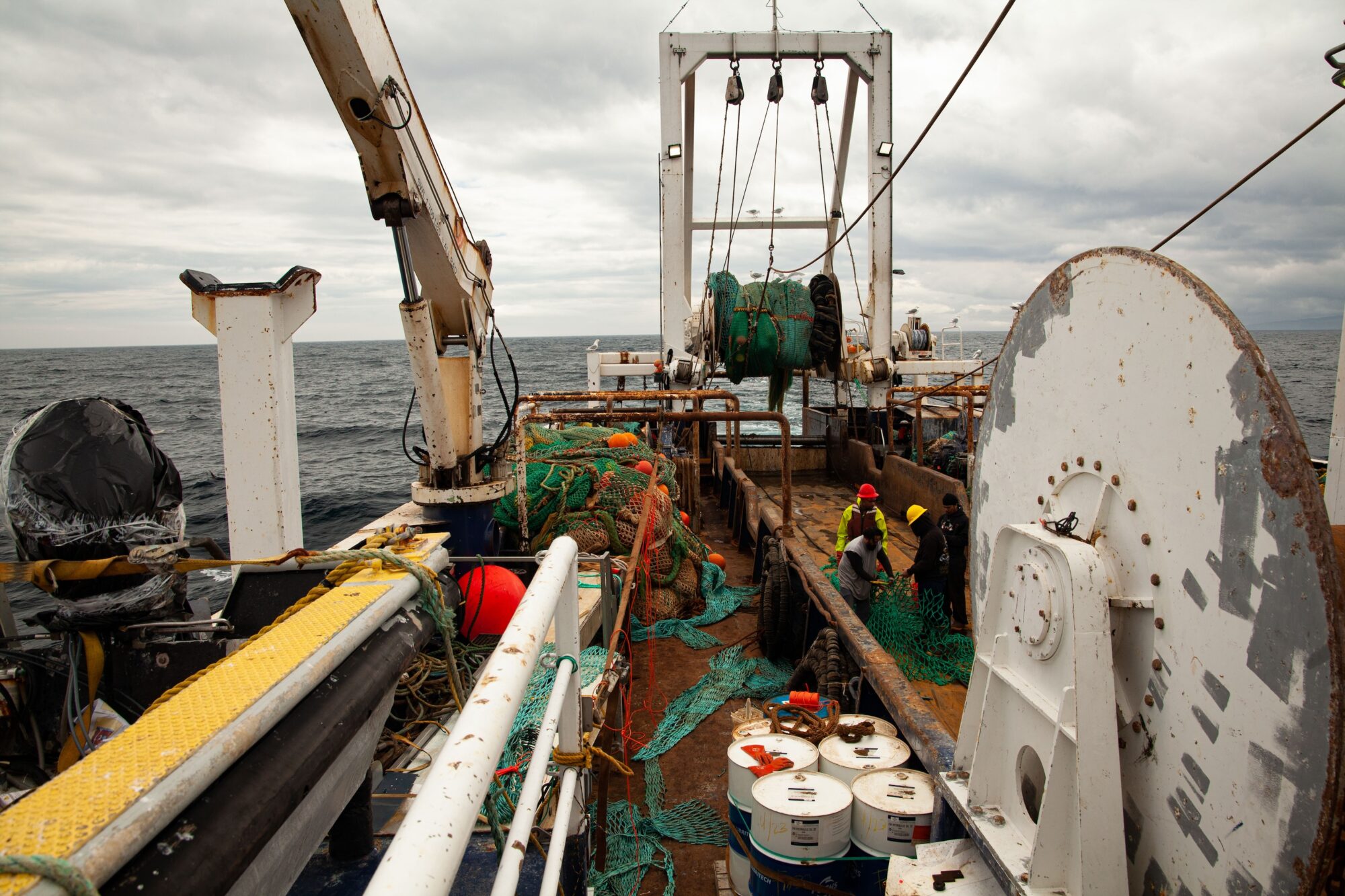Jesus works undeterred through the din of machines, the sawing of knives and the smoke rising from the big yellow tubes, his eyes fixed on slimy flesh. A blinding, persistent white light illuminates the room 24 hours a day, revealing the carefully hidden secrets and exposing everyone’s sufferings, insecurities and weaknesses, leaving no room for imagination.
Jesus Roberto Arriaga is a Californian photographer who loves video-making, a passion discovered by chance during the Covid-19 pandemic. He is a student at San Francisco State University, where he is attending his final year of photography journalism, dreaming of turning his shots in a career. However, due to the multiple issues in the industry and to the strong competition in the market, he often found himself having to find an alternative to support his studies: working in Alaska.
The idea and planning of working in Alaska
A friend tells him about the opportunity to make some money during summer by working in the 50th American state. Jesus approaches this opportunity with a little ingenuity and unawareness, almost as if it was a game: he has, in fact, nothing to lose.
But the transition from thrilling adventure to an endless nightmare is very fast, and Jesus soon realises that his decision should have been better pondered.
Moving to Alaska
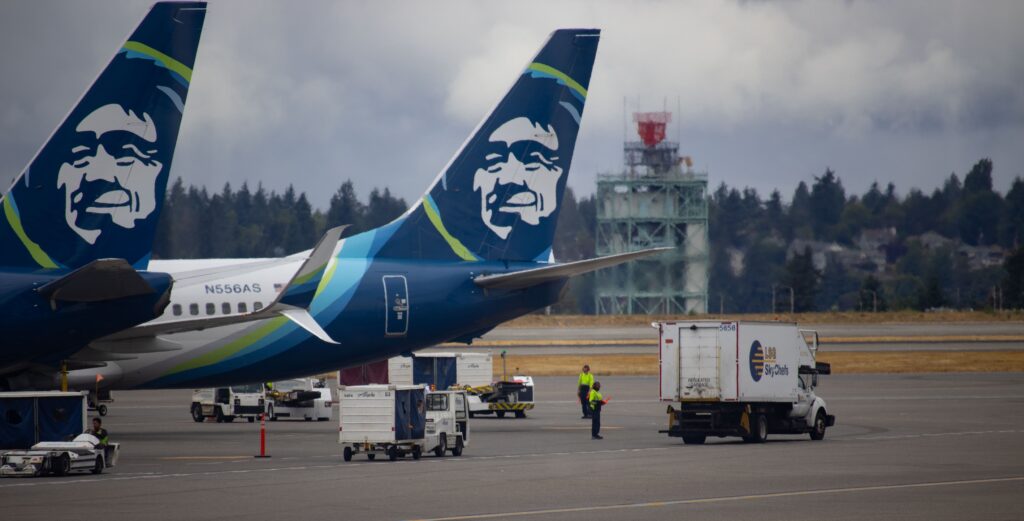
Jesus is 21 when his father drops him off at the airport for the first time: a duffle bag on his shoulder, a ticket to King Salmon in his hand, and a work contract in his pocket. After four hours of grueling airport checks, his journey finally takes off.
Leaving home in San Jose first and San Francisco later, Jesus passes through the shrill Seattle, flies over the pristine white expanse of the Alaska Range, leaving behind the urban lifestyle and embracing the total control of nature over the environment. Sitting on the right side of the plane he looks out of the window: it feels like flying over Wonderland.
As every summer for the next 10 years, after a few hours of flight, Jesus lands in King Salmon.
Beyond Alaska
As soon as one sets foot on the Nordic soil, local stereotypes appear: elk, bears, shorts and t-shirts in the temperature barely reaches 0°. The air is fresh and sharp, and the wind harshly caresses the skin exposed. The atmosphere transports Jesus into a state of feverish excitement and disbelief, but behind the charm and magic of Alaska lies a deep and invisible secret.
King Salmon is the gateway to Bristol Bay, where Jesus works for a couple of weeks on a fishing boat. The only way to reach the final destination is by plane, but fortunately all expenses are paid by the company, which wants and needs each of the few applicants for the position.
Bristol Bay is a secluded place, where everything is handmade and, despite the company claims otherwise, the connection is unstable. Needless to say, all the electronic devices that Jesus had brought to vent his passions, remained unused. That was the first of his many eye-opening moments.
Alaska Seafood
Alaska Fish Market is one of the most thriving in the world, with over six species of salmon belonging to the Oncorhynchus group inhabiting the North Pacific under the name Wild Salmon of Alaska. The Alaskan salmon is anadromous: it is born and lives the first part of its life in fresh water and then moves to salt water to grow and mature; the salmon finally ends its life returning to the river to lay eggs and then die [Alaska Seafood].
It is precisely along the waves of those salty waters that the ship on which Jesus works scurries fast, in search of rich spots to find the salmon.
A day on the ship
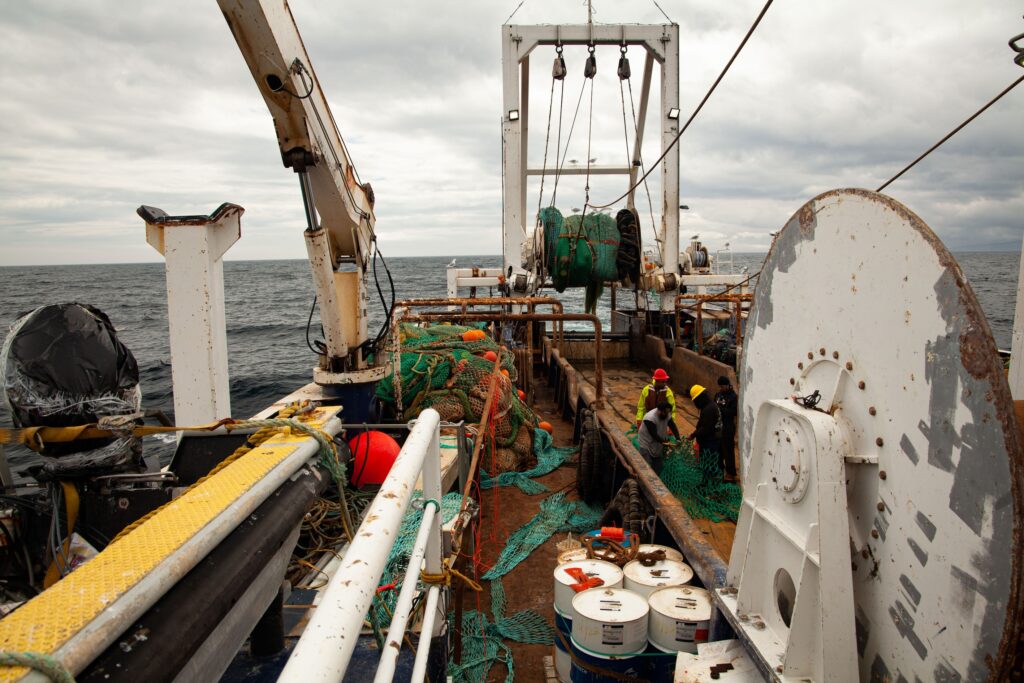
On the ship for 16 hours a day, the job is repeated to the limit in mechanical and wearing movements that corrode not only one’s body tissues, but also the mind. It is exhausting work, which requires an extreme and continuous effort, expecting strength, vigour and rigor. Everyone’s hands move quickly, and the strokes of knives on the meat dictate the rhythm of the day, imposed on the continuous electric hum of the large cold rooms. Words are as strong as they are rare, chosen with parsimony to avoid losing the only tool available to survive in the ruthless jungle that is the salmon fishing industry.
Far from home in a conservative state, companies can treat their employees as they want: they own you 24 hours a day, thus deciding when you can or cannot sleep, when and how long you work, often forcing exhausting shifts if the presence of fish required it.
There is not much time to sleep on board. The expectation is eight hours of sleep per day, but it is rare that this is fulfilled. Normally, workers sleep six hours, ready to be sent to their work place immediately afterwards. Every four hours 15 minutes break, 30 for lunch.
A day on the ship is a day of torture, an open-eyed nightmare that Jesus would not wish even to his worst enemy. In a day on the ship, most of the time is spent in different ways depending on the location for which you were hired. Throughout his ten summers at Bristol Bay, Jesus tried out a variety of positions.
During the salmon season, the work consisted in cutting fish.
In those endless hours of work throughout the salmon season, animals’ suffering is palpable: the final convulsions, the blood gushing copious, the viscous and shiny guts spilling out from the ripped bodies of the fish. Workers have to cut off the salmons’ heads with a knife, and open their body from the belly to the throat with a blade – if not by hand.
Jesus and his colleagues work in this spectacle of pain and resignation, surrounded by fresh remains, as if the final agony of the salmon was a living shadow, ready to soak up the air of despair.
“Is that all we have to do for the next 16 hours?” Jesus asked on the first day.
The colleague laughs at the answer.
Workers use a 2/3 inch knife to collect the salmon eggs (the most valuable part and what the company craves), cutting the throat and pulling back the guts. In this way, a constant twisting of the wrist is required, putting so much tension on the hand that learning how to use both is necessary. Soon, the continuous stress on the limbs caused so much pain that Jesus had to withdraw.
Months on ship off the coast of the Gulf of Alaska
Jesus did not return to Bristol Bay the following summer. Intent on reclaiming himself and his previous retirement, he set out for a new job off the Unalaska and Adak Island in the Aleutian Islands archipelago in the Bering Sea. That year, he worked inside a huge cold room, sorting, organising and rearranging fish in temperatures well below 0°.
In the cells, cold burns harder than fire, penetrating the multiple layers of fabric, slipping under the skin and reaching the bones. In those conditions, the appendages become stiff, and every movement triggers a shock of pain throughout the body.
“It’s the coldest cold you can imagine. It’s terrible… It’s terrible.”
Dehumanization of the species
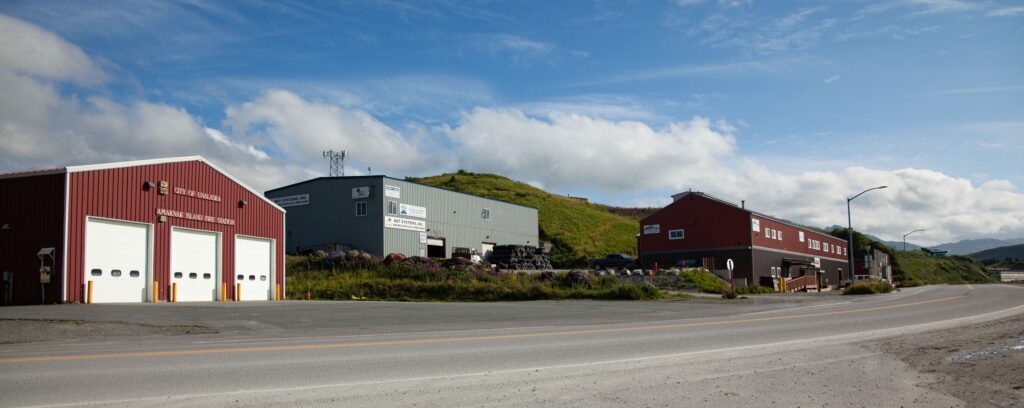
“I started feeling like a machine. After three days, the mantra “if I wait, my energy will be renewed” began to come true, and from one day to the other I became unstoppable.”
Repetition and habit
As the knife cuts, the hand trembles under the weight of repetition over 16 hours of work. To defeat the mind, Jesus relies on the very repetition of the gesture. In his head there is anger, which he turns into determination and impassibility, totally estranging himself from the present through a numb and natural survival instinct.
“It was a matter of concentration and development of skills: when the activity no longer holds any mystery, you know how things go and when they end. It was a relief, and I felt invincible.”
Jesus feels the need to feel something, wishing he could fine some self respect. “I was trying to prove something to myself, my boss, my colleagues,” he affirms.
Pride hides a sense of anger, arrogant and alive towards the present.
Jesus feels anger towards his superiors, who so rigidly impose their orders soon transformed into exhausting physical pain, and towards the industry, which leads man to commit acts of shameless violence and towards weaker beings with the sole purpose of enrichment.
The anger is also towards himself, reprehensible and demeaning for the force inflicted on all the animals that suffer in industrial quantities at his hand. He cuts off their throats, their bodies, disembodies them, cuts their heads to throw them into a dirty container that collects what of the fish does not benefit man. Jesus doesn’t know how he can go home and hug his dog again without feeling guilt for the pain that for 16 hours a day, five days a week on a ship off the coast of Alaska he had caused to helpless animals, unable to react to his fast and trained hand. His perspective changes while his mind becomes more rigid, apathetic and estranged from the present to preserve his future.
“Both man and nature have the ability to create such beautiful things, while I was there killing them for a mere economic purpose.”
The ship required extreme physical effort, both for packing fish and lifting heavy materials and dead animals, as well as mental. The most difficult part was however living with his colleagues.
Learning to live with oneself and others
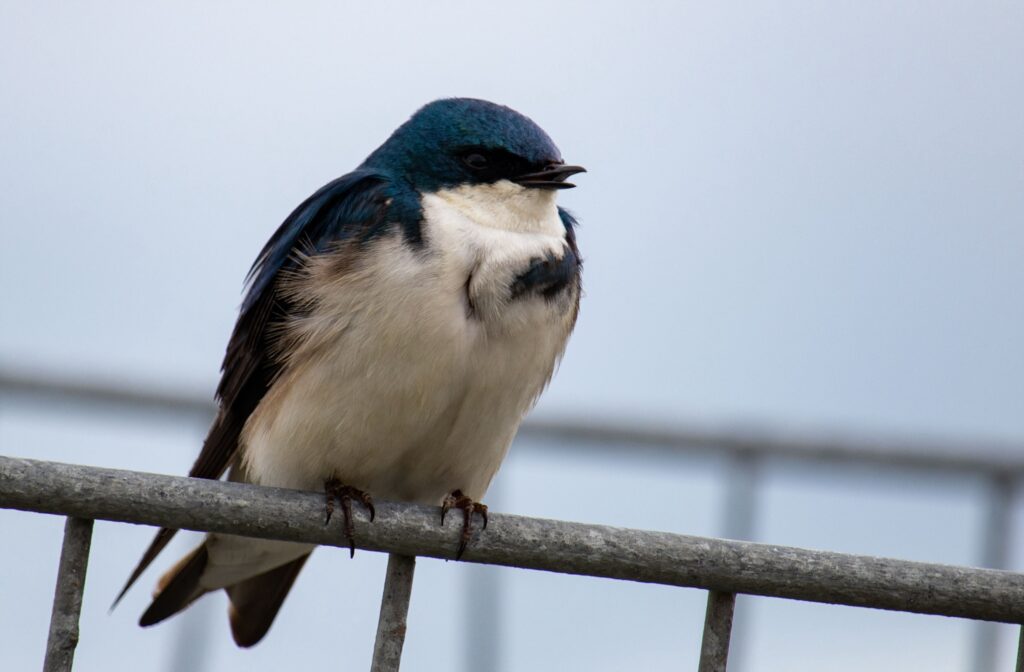
After a lifetime in prison it is usually difficult to find a job. But not in Alaska. There, for the salmon season companies need many arms, and strong! The past does not interest anyone.
Once on the ship, you are therefore in a situation of incredible discomfort, where living together is much more complicated than one can imagine.
Interactions between cultures
With Jesus on the ship there are people from all backgrounds and ethnicities. Those who come for the mere experience are the luckiest. Among workers, some like Jesus who need money to finance the university and life in big cities, but also immigrants looking for wealth through the high exchange value between US dollar and the currency of their country. Among these Africans, South Americans (especially Mexicans) and Samoans.
The creation of a new micro-company
The continuous and prolonged coexistence with people with habits, cultures, expectations and ways of doing and living makes so that within the restricted space of the ship they create micro groups different, strangers and estranged from each other, who find comfort in each other’s company within a space that does not belong to them and is not common at all. Similarly, groups must interact with each other, creating an internal social structure in the limited space available. Here too, the law of the jungle prevails, and the camaraderie that one might expect from shared distress and capitalist exploitation collapses. In fact, the context has not hardly made it so that to prevail was the mutual hardening towards their comrades, put into action also by the continuous comparison and competition triggered and required by superiors.
On the ship, everyone is set against his colleague through clashes based on geographical origin, class of belonging, salary. No one wanted to feel inferior, and companies lucre on such instinct to push productivity.
Affirming the authority, domination and impact of machismo
Jesus is an incredibly calm mind, focused on his passions and interests that include photography, video-making and self-expression through art. In a context of prevaricating machismo as that to which he was subjected, Jesus found himself lost. He is not the type of person who likes to raise his voice, let alone quarrels or arguments: the pattern of recurrent machismo he met was something he could neither understand nor deal with. Remembering the information gathered in his youth, he knew that he could only avoid taking sides or making enemies. In fact, he knew he needed to make friends, someone who would watch his back.
But when someone attacks you, you must respond. It is the law of the jungle: you have to take care of yourself, because kindness does not necessarily mean survival, and only the strongest come out alive.
“It takes violence out of you. It’s dangerous, you never know who you’re gonna work with. Violence: sometimes you have to be the bad guy, then turning again to being the good one.”
“You can’t give up, giving up is the end because it would have had a huge cost.”
Pride and ambition
In his decision to always return to the place that most of all had marked him there was the need to prove to himself his own value, his resistance, his ability not to collapse in front of the stress and pain. It was a constant test to certify that you were strong enough, and then still strong.
“I’ve never been promoted, and this made me furious. That’s why I never came back unless I needed money. But over time, you learn that this is also the reality of life: you don’t always get promoted.”
Jesus was religious when he arrived at his destination. Then, in desperate conditions he started asking himself questions, and, the more questions you ask, the less sense things make. So he decided he’d rather focus on something he needed to depend on, choosing himself rather than God for the first time.
“The only thing you can control in life is yourself.”
“I know it’s crazy, but I liked it. Looking back, I liked it.”
If one can be attracted by the colours and illusion of Alaska at first, returning to the same environment that made your body and soul writhe and twitch in pain for ten years surely leads to wonder why.
Although Jesus was aware of what awaited him once he landed in Alaska, he did not give up the experience once. It was something far more impactful than physical pain.
“Not at the moment, of course, but the fact that I could constantly interact with this kind of characters who I could tell stories about, or that every day was a struggle for survival… There was always someone waiting for you to collapse, but it didn’t happen, because on that ship whatever it took you would never give up, you would continue to fight against your mind and body to survive another day, and then another.”
As simple as proving to myself that I can do it after giving up couple of years prior. No better way to do so than going straight in the middle of the sea, in silence, proving my worth to myself. I wanted to be the hero, face and win my hero journey path. I completed my hero journey that way.
Looking to the future
What kept him going was the idea that beyond the end of the present there was happiness.
“It is a reason to keep hoping, a spark of love that reminds you that beyond the temporary physical pain there’s something positive, there’s hope. Closing my eyes, I could see all those things that made me happy, that reminded me that life was still beautiful”.
Returning home
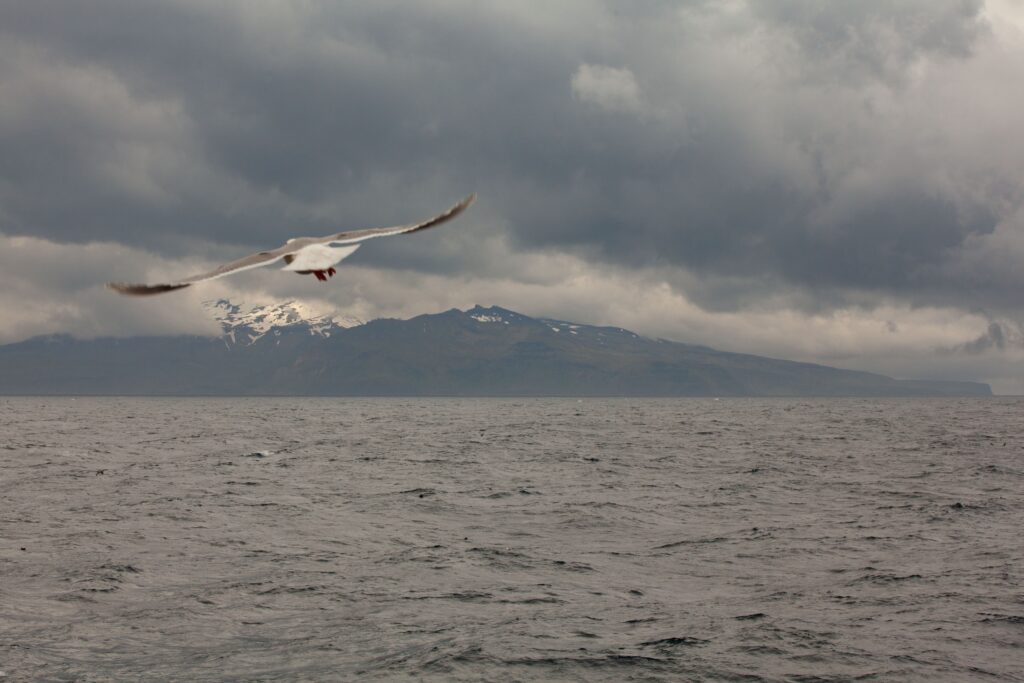
Having left the ship, Jesus had to find a way home. The flight to Anchorage was paid for by the airline, but to San Francisco he had to find a way to make ends meet. But with only $4 in his pocket and having troubles collecting his salaries from the local bank, Jesus found himself on the streets. Jesus asked to work for a few hours to pay for his food, but he found out that someone had already paid for him. The owner refused to accept his help, offering him a hot meal for free. Once he had collected the money, he returned to the caterer to leave a big tip.
“There were all these nice people around me, whom I did not expect to meet after such an experience.
Sometimes men are unable to distinguish pain, anger, anguish from the intensity of emotions. There are times when a man is not able to recognise what would later become a nostalgic thought, a memory to cling to once returned to safety under his own roof.
Jesus looks at his experience in Alaska like this.
With eyes open only to the negative sides of things, you will not do anything but find the negative.
Discover more on HeadAbroad.com

